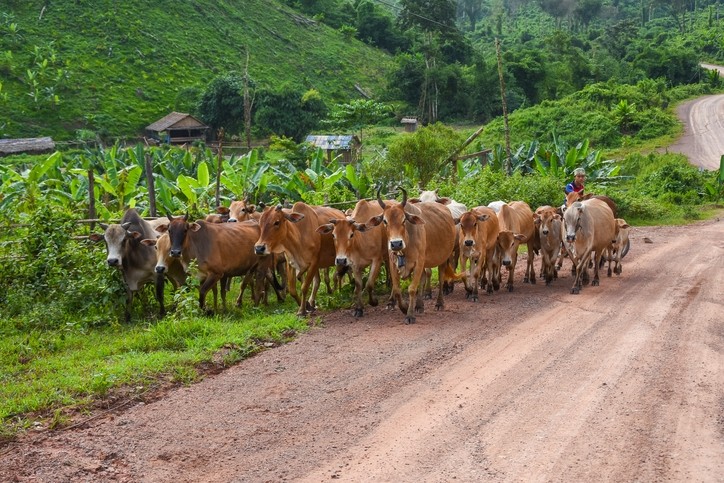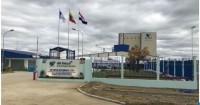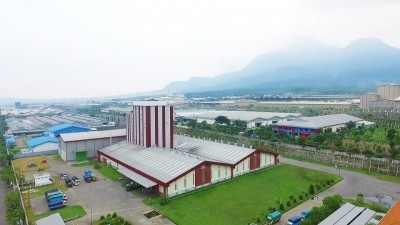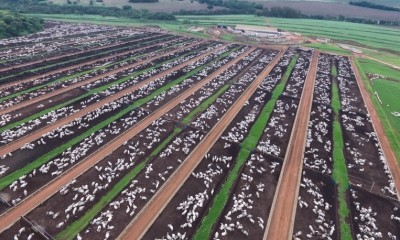Dutch feed group confident about growth opportunities in Myanmar

The facility, located near Mandalay, the country’s second city, has an annual production capacity of 280,000 MT, said the company.
De Heus began milling feed in the outskirts of Yangon in October 2016 after watching the market developing quickly in terms of animal protein, fish and milk, as Myanmar emerged from years in the economic wilderness.
Production capacity at that Yangon site quickly reached its limit though, forcing the company to construct an additional milling operation.
The new facility includes extensive bulk storage capacity and automated packing, as well as a lab to monitor the quality of incoming raw materials and outgoing finished products, said the Dutch group.
Other investments at the site include a 516 kW rooftop-based solar energy system, which De Heus claims is able to produce 663 MWh of renewable energy per year, translating as 1.5 MT of CO2 emissions reductions annually. Steam consumption at the facility is generated by renewable fuel sources as well, it added.
Dealer network
Local managing director for De Heus, Johan van den Ban, told us last November, ahead of the Global Feed Summit in Bangkok:
“If you look at all the animal sectors here, you will see that the average farm size is really low—it’s a very fragmented market, which leads us to supply most of our customers indirectly through a dealer network.
“We try to help these dealers, who are very commercially orientated—if not technically so much.”
Through its work with the dealers, the Dutch feed group has been able to forge a close bond with its farm customers by better understanding their needs, said van den Ban.
Educating farmers
The company in turn helps farmers to increase their volumes by sending out vets—or “technical salesmen”, as the local MD calls them—to teach them more about husbandry and animal health.
“By doing that we are in direct contact every day with hundreds of livestock farms,” he added.
The result has been that the sizes of the farms De Heus supplies has been increasing, likewise the skills of their owners. This has been happening as farmers manage to reduce their costs and achieve better technical results, helped by input from the local dealers and training from De Heus’s vets.
“I think that the economies of scale to achieve this are very important, and we expect relatively rapid development in this sector. Farmers know that without modernizing their farms, they will have a hard time to survive. We need to speed this up,” Van den Ban explained.
Now many of De Heus’s smallholder customers have been trying to take the next step to professionalize their businesses by buying more equipment and moving to commercially produced feeds—spurred on by the rapidly growing demand from consumers for meat in Myanmar.









